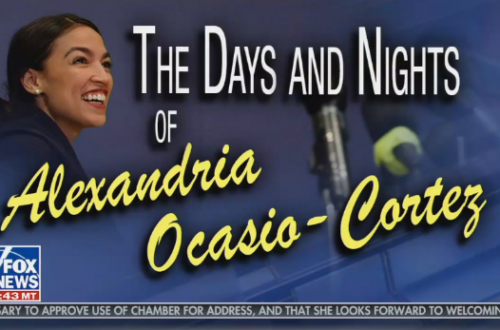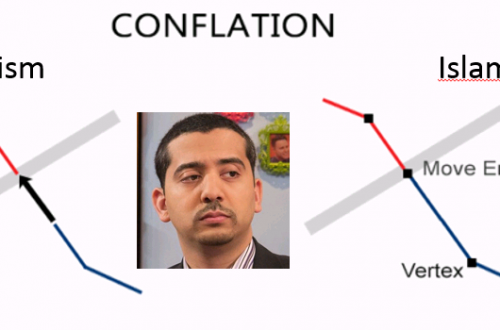I am somewhat astounded to note that The Washington Times has published an article by Jeffrey Kuhner, one of its columnists and president of the Edmund Burke Institute, headed “Assassinate Assange.” The article concludes:
Attorney General Eric H. Holder Jr. vows that he is looking into possible criminal charges against Mr. Assange. It is too late for tough talk. At this point, we are beyond indictments and courts. The damage has been done; people have died – and will die because of the actions of this puerile, self-absorbed narcissist. News reports say the WikiLeaks founder is hiding out in England. If that’s true, we should treat Mr. Assange the same way as other high-value terrorist targets: Kill him.
Alan Rusbridger, editor of the Guardian, notes on his Twitter account that only a few days ago a Washington Times journalist asked him for all the Wikileaks files. One wonders if the real reason why the Washington Times has published this article is because the editor was upset that his newspaper was not among the newspapers (Guardian, Le Monde, El Pais, Der Spiegel and the New York Times) that had access to the cables.
Alan A adds:
I very much doubt that the real Edmund Burke would have supported the assassination of Julian Assange.
What follows is an account of Edmund Burke’s position on the use of the army against the Gordon Rioters, who had laid London to waste in the cause of anti-Catholic fanaticism.It is important to realise the level of the destruction. Newgate Prison had been burned down and murderers were roaming the streets. A mob was besieging Parliament and beating MPs and Peers. Embassies of Catholic countries had been sacked. The house of a prominent judge was sacked, and his books and furnishings turned into a huge bonfire. You think it was bad when some kid threw a fire extinguisher off Millbank?
Burke was in favour of Catholic emancipation. He was utterly opposed to the rioters and all they stood for. However, when the soldiers fired on civilians, he was horrified:
Mr Burke condemned the riots in very strong terms; but said Ministers were much to blame for neglecting to take proper precautions in time to prevent it, and doubly so now, by drawing out the army, and thereby establishing a military on the ruins of civil government. The avenues near the House, and the streets leading to it, bore the appearance more of Paris, Berlin or Petersburgh, that of the capital of a government limited by law. The streets were all lined as he came along with the horse and foot guards, and the Park looked more like a camp or a garrison than the Park belonging to the palace of a free monarch. He was of the opinion that such an appearance of military preparation served only to create, and not suppress it. Government had lost all dignity and respect, and it was a mistaken idea to imagine the people of this country would be bullied by legions of armed men, or jannisaries clothed in scarlet.
That is the Conservative reaction.


